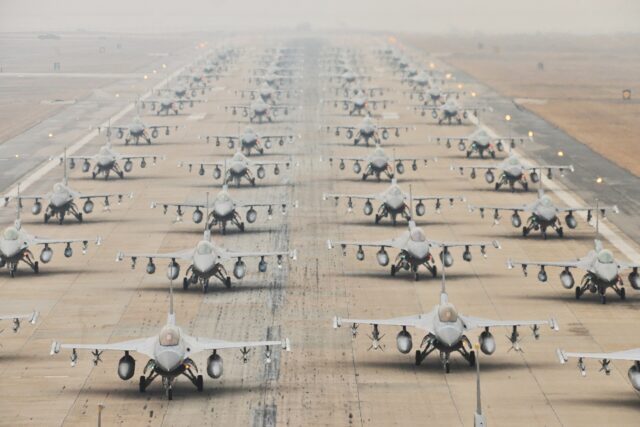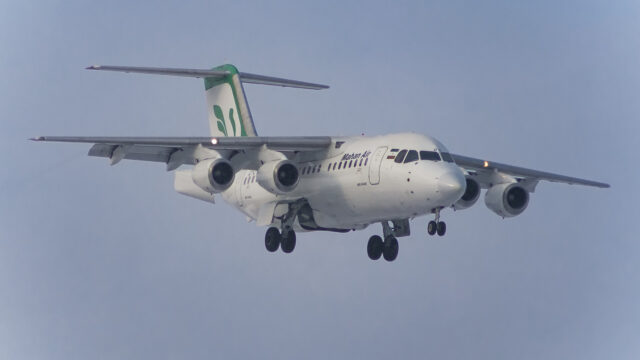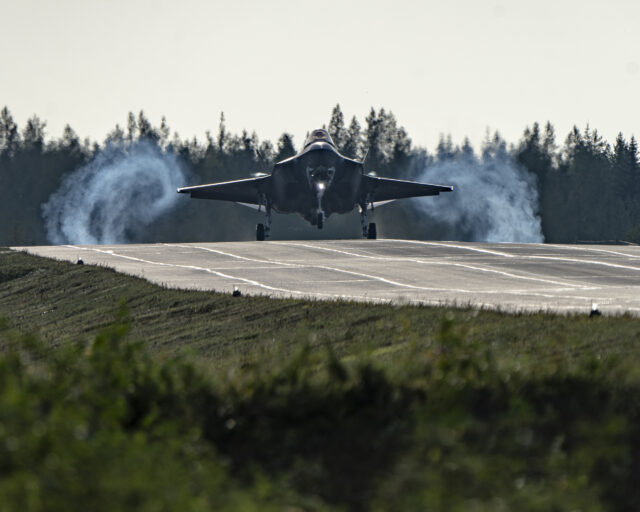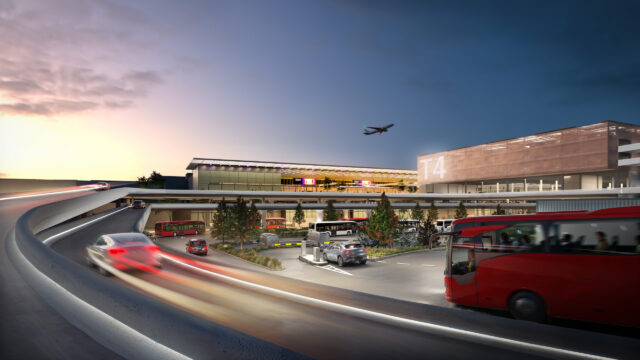Tackling the growing crime of human trafficking
FINN looks at the role aviation is playing to tackle the second largest criminal industry in the world
Training, awareness and smarter security are being used across airports…

FINN looks at the role aviation is playing to tackle the second largest criminal industry in the world
Training, awareness and smarter security are being used across airports to ensure commercial aircraft aren’t used for the $150 billion criminal industry of human trafficking.
The International Labor Organization has reported that almost 25 million people are living in modern slavery and more than 75 per cent of these are women and children.
FINN met up with Billy Shallow, manager for smart security for the Airports Council International (ACI) based in Montreal, to outline the aviation industry’s role tackling the crime. According to the United Nations, just one in 100 victims of human trafficking are rescued.
Shallow said the fight against the crime started with the International Civil Aviation Organization (ICAO) as part of a strategy to suppress trafficking through commercial aircraft and airports.
But he added it was people, not just policy that made the difference to victims. explained that tackling the crime was being achieved through people, not just and policy. “We don’t really want it just to be a paper policy. We want it to be driven on the front line by airports, airlines, and anyone involved in the aviation system to make sure that we are combating it.”
COVID-19 has not slowed criminal trade
Restrictions put in place to slow the spread of COVID-19 have led to a massive decrease in the number of flights available, but Shallow said the pandemic hasn’t slowed criminal activity.
“I think everyone would say that less flights, people would think is it was slowed down human trafficking. But as a result, we actually think that there might have been an increase in human trafficking. It’s already to do with a lot more economic hardship, certainly a lot more broken families.”
“So there is a huge possibility that human trafficking has actually increased. And criminals will use any pandemic to really try and get ahead of the curve and use use pandemics to their advantage. So there is an increase across all industries, not just aviation, but all transport industries and that’s something that we are aware of, and airports and the whole ecosystem really need to do more.”
Awareness of staff and public needed to stop abuse
Shallow said training and awareness backed up by a strong reporting culture along with public awareness including signage and exhibits were among the initiatives which played a critical role in the suppression of human trafficking.
“Getting the message out there not just to staff but to the public is is of paramount importance,” said Shallow. “And then also information for victims as they pass through the airports, putting signage in strategic locations, such as inside toilet cubicles, or when they go through processes such as immigration or security and giving them confidence to really speak out to someone that’s that’s in a position to do something about it.
Subscribe to the FINN weekly newsletter
















